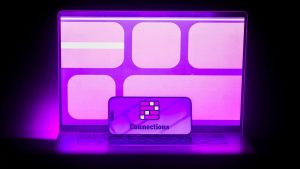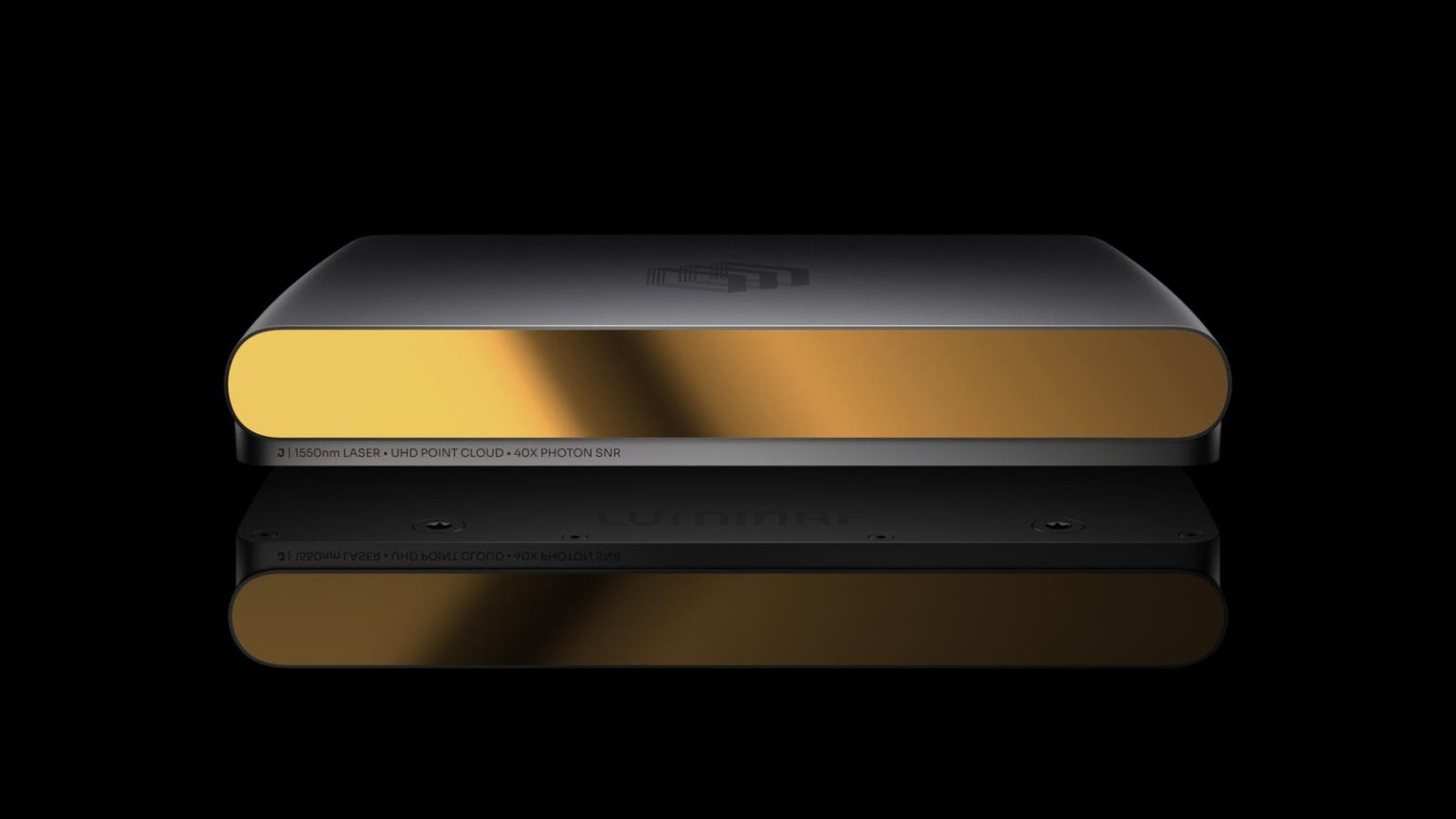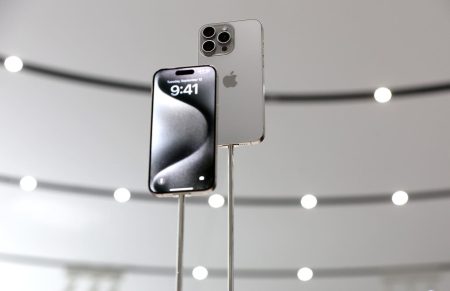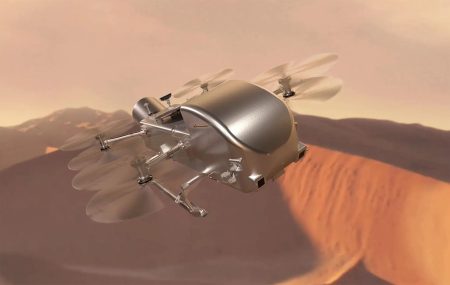Luminar Technologies has announced a series of updates and partnerships as it prepares for its 2024 investor day. The company has begun volume production of its Luminar Iris lidar sensor for its first global customer, Volvo. This marks a significant milestone for Luminar as it moves towards generating meaningful revenues, although profitability may still be a ways off. The Iris sensor is expected to be standard in the new Volvo EX90 and other upcoming Volvo models based on the SPA2 platform.
Mercedes-Benz is also planning to incorporate the updated version of the Iris sensor into its next-generation electric vehicles launching in 2025. With a reported $4 billion order book, successfully launching these programs will be crucial for the viability of Luminar as a company. Luminar has emphasized its efforts to focus on the Chinese market, particularly with non-Chinese OEMs. However, competition in the Chinese market from local suppliers such as Hesai and Robosense, offering cheaper lidar sensors, poses a challenge for Luminar.
To address the competition and cater to the Chinese market, Luminar has introduced its next-generation sensor called Halo. This new sensor, based on developments from Luminar Semiconductor, is claimed to offer superior performance, reduced size, improved thermal efficiency, and lower cost and power consumption compared to previous models. The Halo sensor aims to be priced at around $500, making it competitive with other sensors in the market, including those selected by VW Group and Chinese suppliers.
Luminar’s long-term goal is to make lidar technology more accessible and enhance safety features in vehicles. The company has been showcasing the benefits of its Iris sensor in improving active safety systems, such as automatic emergency braking and collision avoidance. Partnering with reinsurer Swiss Re, Luminar has conducted testing to quantify the advantages of adding lidar to vehicles. Results have shown a significant decrease in collisions and impact force when vehicles are equipped with the Luminar lidar compared to camera-only or camera/radar systems.
As part of its efforts to validate the benefits of adding lidar to vehicles, Luminar is partnering with Applied Intuition to develop simulation capabilities. This will allow for the testing of assisted and automated driving systems in various scenarios that may occur in real-world driving. The partnership aims to create physics-based models of Luminar sensors that can be integrated into simulation platforms, enabling the testing of different parameters such as weather, road conditions, and lighting.
Luminar is also expanding its manufacturing partnership with TPK to enhance its manufacturing capabilities and supply chains for lidar sensors. TPK currently has a factory in Asia producing Luminar components and systems, and the expansion is expected to help reduce costs for Luminar. With these developments and partnerships, Luminar is working towards making lidar technology more accessible and improving safety features in vehicles globally.















